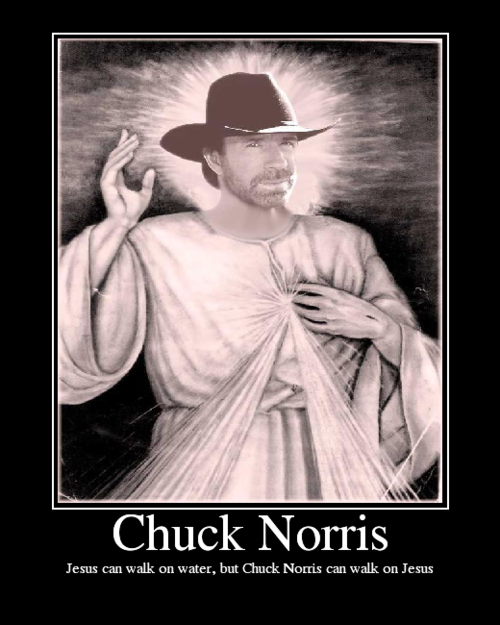- Joined
- Oct 14, 2007
- Messages
- 333
- Reaction score
- 30
- Points
- 4,621
As I stated, I'd like to know what is different about these programs as compared to traditional programs.
I will say that I would fully expect a traditional program to challenge a student's worldview more than a faith-based program.
Its fairly simple and straightforward. Folks who go to these programs are Christians, are taught by clinicians who are Christians, and generally agree with one another about core beliefs and assumptions about life in the ontological sense of the word. Though if you think that they sit around and agree with each other all day, you're way off and a bit guilty pidgeonholing a very diverse group of people. Metholodologically, the programs are set up the same way as any other program and use science, research, and practice similarly to any other program. Not too dissimilar from any Catholic institution.
I attended a "traditional program", so I cant speak firsthand, but I seriously looked into a few christian schools. I cant say that anyone challenged anything about my worldview and I did most of that work myself. Its actually what I think I missed the most in going to a traditional program.

